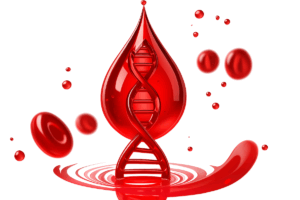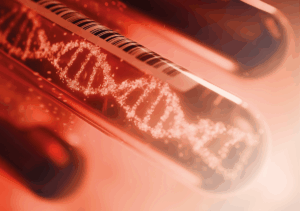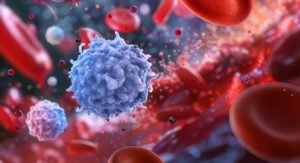Our team’s reading recommendation for this month goes to “Gut microbiota and COVID-19 – possible links and implications” by Dahr & Mohanty[i], a highly inspiring reflection on the potential role of the gut microbiota in the pathophysiology of COVID-19.
The coronaviruses are known to utilize for their cellular entry the ACE-2 receptors, which are expressed in the lungs but also in the gastrointestinal tract. The fact that SARS-Cov2 RNA was reported to be detected in the stool of some COVID-19 patients and diarrhea is known as one of the existing symptoms suggests a possible involvement of the gut microbiota along the gut-lung axis.
The gut-lung axis is a vital cross-talk through which both organs can be mutually affected. Knowing the role of the gut microbiota in immunity, its involvement in inflammatory bowel diseases, type 2 diabetes, depression, cardiovascular diseases and its probable implication in the acute respiratory distress syndrome it is tempting to speculate that in COVID-19, there is a possible cross-talk taking place between the lung and the gut microbiota which might influence the outcome of the clinical manifestation.
This month’s paper does not only mention the arguments and references that support this assumption, but it does propose to consider integrating personalized diet therapies with food supplementation – for instance with pre/probiotics and various lactobacilli strains – to counter gut dysbiosis and improve overall immune response thus COVID-19’s clinical outcome. This approach might be useful both as a therapeutic and as a prevention strategy in particular with the most fragile patients, such as elderly people.
There is no doubt this theme opens an extremely interesting and promising field of research in which the study of the microbiome, through NGS sequencing, might be highly relevant.
Download and read the full paper here:
[i] Dhar D, Mohanty A. Gut microbiota and Covid-19- possible link and implications. Virus Res. 2020 Aug;285:198018. doi: 10.1016/j.virusres.2020.198018. Epub 2020 May 13. PMID: 32430279; PMCID: PMC7217790.





